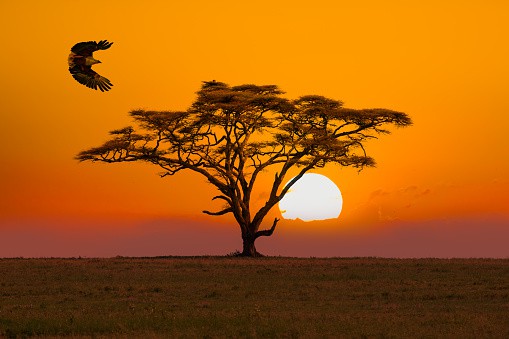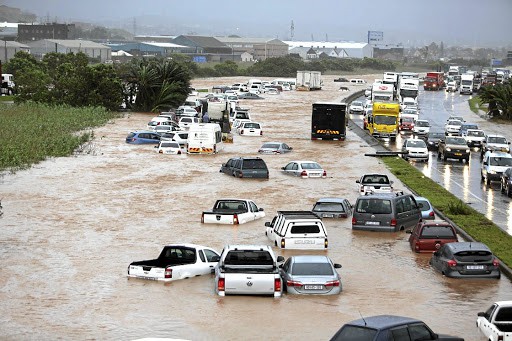Beatific Gumbwanda| With about 62 percent of energy used in Zimbabwe being drawn from wood-based sources, the South-Eastern Lowveld, which is rich in drought-tolerant Mopani trees supplies almost a third of the percentage as tones of firewood and charcoal are being transported to Harare to address the energy challenges currently experienced in the country.
As a result there are calls for geo-engineering and agroforestry which the National Tree Planting Day is trying to address through encouraging citizens to plant more trees.
Government of Zimbabwe introduced the National Tree Planting Day (NTPD) annual commemorations that are done on the first Saturday of every December seeking to encourage every citizen to plant more trees, though the concept is overlooked by most people.
Even the organizers, are not making follow-ups on the growth and maintenance of trees planted on this particular day.
The NTPD is a day that seeks to raise awareness on the importance of trees and forests for socio-economic development, human livelihoods and health, well-being of the environment and its living components.
Addressing stakeholders during the district’s NTPD commemorations at Chiredzi’s Zimbabwe Republic Police Headquarters recently, Forestry Commission Board Member Professor Munashe Shoko highlighted that trees and forests serve as carbon sinks for atmospheric carbon dioxide.
“Trees and forests serve as carbon sinks for atmospheric carbon dioxide which is a component of greenhouse gases causing the depletion of the ozone layer. The high concentration of greenhouse gases in the atmosphere causes global warming and exacerbates climate change.
“The effects of climate change are the observable extreme weather events such as cyclones, droughts and floods that we are witnessing in Zimbabwe and the world over,” said Professor Shoko.
He also said there is need for action in as far as agroforestry and reforestation is concerned in order to serve the earth’s surface from the wrath of climate change.
“We also know that trees and forests are a significant sink for the carbon based pollutants, which they can absorb through the process of photosynthesis, hence ridding the atmosphere of the pollution, release oxygen which our bodies require for respiration, and bring about stability in the atmosphere.
“It follows therefore that by increasing forest cover through tree planting and forest conservation, we are capacitating the earth with the ability to reverse the negative climatic forces and bring normalcy, we experience predictable seasons where we can plan our agricultural production with certainty and improve food security,” added professor Shoko.
In the just ended COP26 summit held in Glasgow, more than 100 countries signed a pledge to end deforestation by 2030 as well as overarching goal to keep ‘1.5’ degrees Celsius alive which refers to the global warming limit that the Paris Agreement aspires to.
Scientists are projecting that average surface temperatures have increased by 0.9 degrees Celsius since 1900 with the greatest warming occurring since the 1980’s.
The southern and south eastern parts of the country have the greatest decline of up to 10% for best and worst case scenarios.
Trees are very vital for carbon sequestration, which is the process by which trees and plants absorb carbon dioxide, release oxygen and store carbon, which together with methane constitute some of the greenhouse gases that trap the heat in the atmosphere leading to climate change.
Climate change includes major changes in the temperatures, precipitation or wind patterns, among others, that occur over several decades or longer-leading to global warming.
Southern Zimbabwe will experience greater frequency of severe droughts. Longer and more frequent heat waves are projected to occur in the country, with the South Eastern lowveld experiencing higher temperatures between 40-45 degrees Celsius.
Therefore, there is need to be serious in as far as reforestation and afforestation is concerned in Chiredzi, where huge chunks of trees are being destroyed in order to meet the energy demand in Zimbabwe.
tell zim














